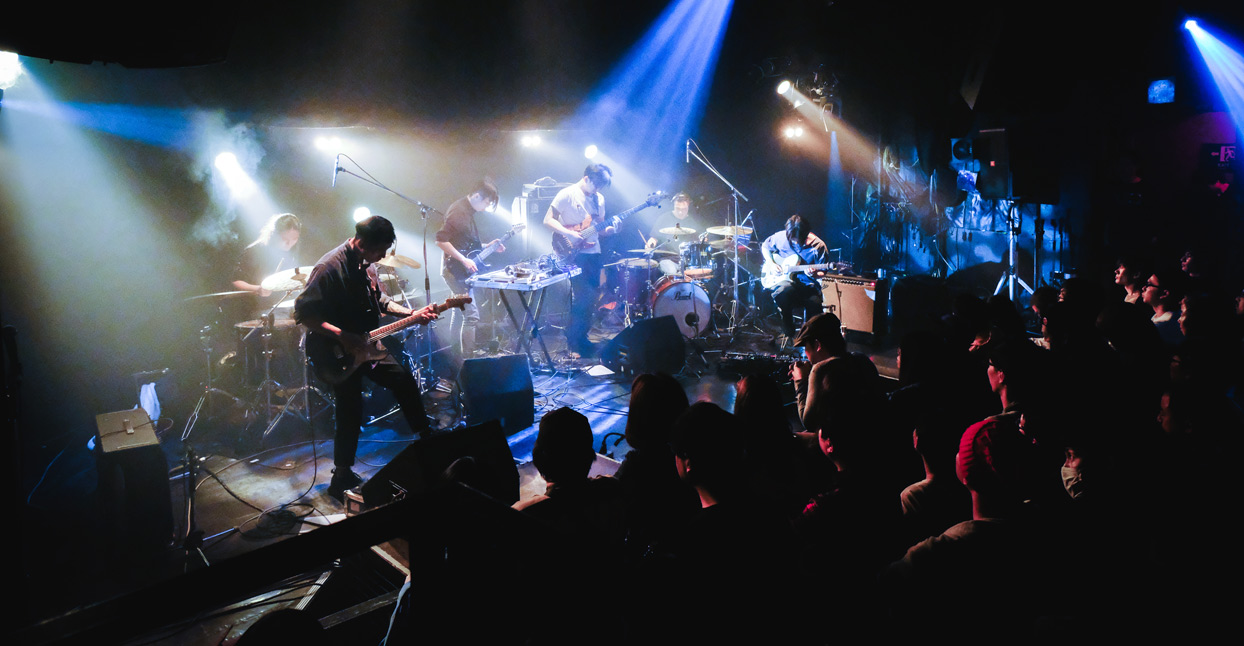
“In Western culture, it’s almost a rite of passage to rebel—to join a band, to be an artist, is generally no big deal. That’s not Hong Kong’s reality,” explains Valentine Nixon, one half of New Zealand dream-pop sister duo Purple Pilgrims. “When it comes to experimental music, there is a general sense that people really mean what they’re saying. They’re living what they’re making, because it’s so far from social norms or acceptance. This often makes the art itself feel political, even when it’s not trying to be.” Nixon is speaking from experience here. Raised between New Zealand and Hong Kong by itinerant parents, some of her formative musical moments took place in Hong Kong’s underground, a landscape worlds removed from the image-obsessed Cantonese pop of the region’s glossy mainstream.


White Noise Records, hidden in a first-floor loft surrounded by kitchenware retailers on Kowloon’s Shanghai Street, is a crucial hub for the culture Nixon is talking about. For music lovers, it’s a cornucopia of niche musical delights. Over the last 15 years, what started as a small independent store across the harbor in luxury retail district Causeway Bay has moved locations twice, and expanded to include a record label, distributor, and an event promotion division, all while helping foster emerging local talents. “For me, a record shop is not a supermarket, we are a select boutique,” says White Noise manager Gary Ieong. “We just sell what we like. A record shop should have its own style and personality.”
White Noise is also a central port for musicians throughout Southeast and East Asia, and a mecca for those further afield. New Zealand noise musician Campbell Kneale, better known as Our Love Will Destroy The World (formerly Birchville Cat Motel) once described it to me as “a golden temple of sound.”
Ieong opened White Noise with two business partners in 2004. He came from a record store background with an emphasis on rock and pop, but he was open-eared, and his colleagues were well connected in international experimental music, noise, improvisation, and sound art circles. “At the beginning, I thought it was not music at all, it was sound,” he remembers. “I kept listening, and I started to understand what it was.” Initially, it was similar on the other side of the counter as well. “A lot of people would say things like, what is this shop? Why do they focus on these genres?” Ieong laughs.

A year after they opened, overseas musicians began to email White Noise about playing in Hong Kong. Ieong started hosting small in-store performances from visiting New Zealand and Australian sound artists like Richard Francis, Phil Dadson, and Lawrence English. “We had a tiny local sound art community, but people were interested to know how this kind of music was performed,” Ieong says. “Eventually, a few of our customers started making their own music. I can’t really say, but if we hadn’t been selling these records, and these people hadn’t come to our shows, maybe they wouldn’t have started to make music.”
In 2007, White Noise made the jump from hosting sound artists to highly produced band performances when English post-rock act Yndi Halda inquired about playing in Hong Kong. Their concert was a success, and it gave Ieong a new sense of enthusiasm. The following year, White Noise began releasing music as a record label and organized a short Southeast Asian tour for Japanese math rock band Toe. “Now I had another job title, tour manager,” Ieong says.
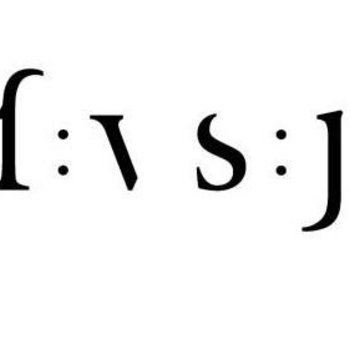

One of the attendees at those shows was Adonian Chan, a graphic designer and guitarist who designs posters for White Noise. Chan asked Ieong if he would sign his band tfvsjs, and in 2013, White Noise released their first album Equal Unequals to Equal. They also organized a successful release party for tfvsjs featuring Taiwanese math rockers Elephant Gym. “After the album release show, we got some offers from different countries,” Ieong recalls. “Now they’ve been to mainland China, Taiwan, and Germany.” In 2016, White Noise released their second album, 在 zoi.
Tfvsjs play complex instrumental post-rock blended with traditional Cantonese melodies. It’s a stylish and sophisticated sound that evokes Hong Kong’s futuristic skyline, bustling alleyways, and serene temples, while also speaking to the anxieties and pressures of Asia’s world city. “Everyone in Hong Kong faces the same struggles,” Chan explains. “Hong Kong is rated the most expensive city to live in, and space becomes such a commodity that most people sacrifice their lifetime to purchase [something] half decent. We faced the same problem; we’d have to move our rehearsal space every two years… Living in this city is like an everyday battle.”
Their solution was tfvsjs.syut, a restaurant (and sometimes venue) operated by the band in an industrial basement in the Shek Tong Tsui district. “We had the idea of running a business together to sustain a larger space, and also the idea that if our vocations could converge, the result could be very interesting and abundant. Shouldn’t that be what society is about?” Chan continues. “We shouldn’t work just because we want to get paid; we should work because the work itself is the meaning.”


Tfvsjs’ pragmatic optimism is common within the Hong Kong underground. Milos, a young post-rock group who recently visited the U.S. for the first time to play at San Francisco’s Noise Pop festival express similar sentiments. “I think music is what we live for,” says Milos guitarist Charles Chan. “So, we are making music even though there are a thousand challenges and difficulties to overcome.” To lighten the load a little, they’ve teamed up with White Noise. “They inspire me to work harder,” Ieong says. “I want new challenges that give me new energy.”



When Ieong mentions wanting new challenges, he means it. In January, White Noise released Different Light, a synth-funk/boogie album created by Julian Lai, aka Afterglow, the owner of local luxury fashion retail chain HOAX. “I’m very into [Japanese] city pop, soul, and future funk,” Ieong enthuses. “I always wanted to find something like this from Hong Kong and let people know about it.”
“I have been listening to soul, funk, and album-oriented rock from the US and Japan for a very long time, so I guess I want to make music to reflects that,” Lai explains. “I don’t use generic DJ techniques or FX like filters, sidechaining or the drop. I want the songs to have structures and arrangements like 80’s pop.”

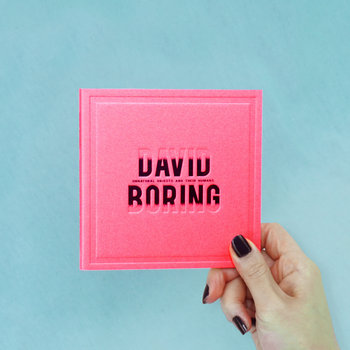
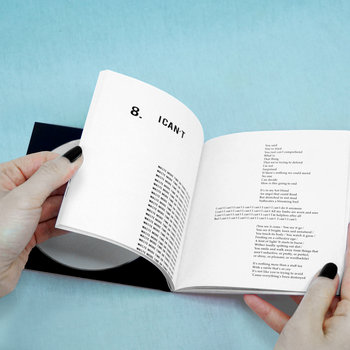
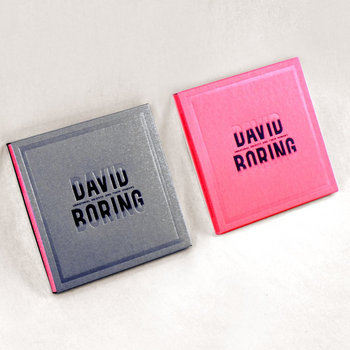


Compact Disc (CD)




Another band central to the local underground is nihilistic noise rock group David Boring, who are anything but. They showcased at SXSW in March, before playing some shows on the east coast of the U.S. afterward. They describe White Noise as a crucial part of the local independent music experience, and see Ieong’s shows as pushing the definition of what “Hong Kong indie” could mean.
Boring got an international profile lift last year after they appeared on the late great Anthony Bourdain’s Parts Unknown, but it’s their dogged refusal to be beaten down by Hong Kong’s realities that’s really propelling them, and the same can be said for Ieong and the rest of the extended White Noise community. “The juggle is real [here],” they explain by email. “We think the best underground activities always occur where oppression exists, and Hong Kong is the same. Just because you can’t see something out in the open doesn’t mean a group of people aren’t secretly doing it in some corner of the city.”







